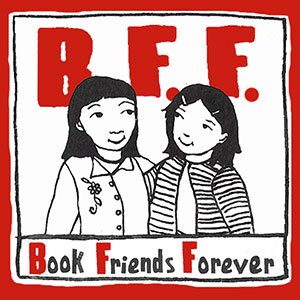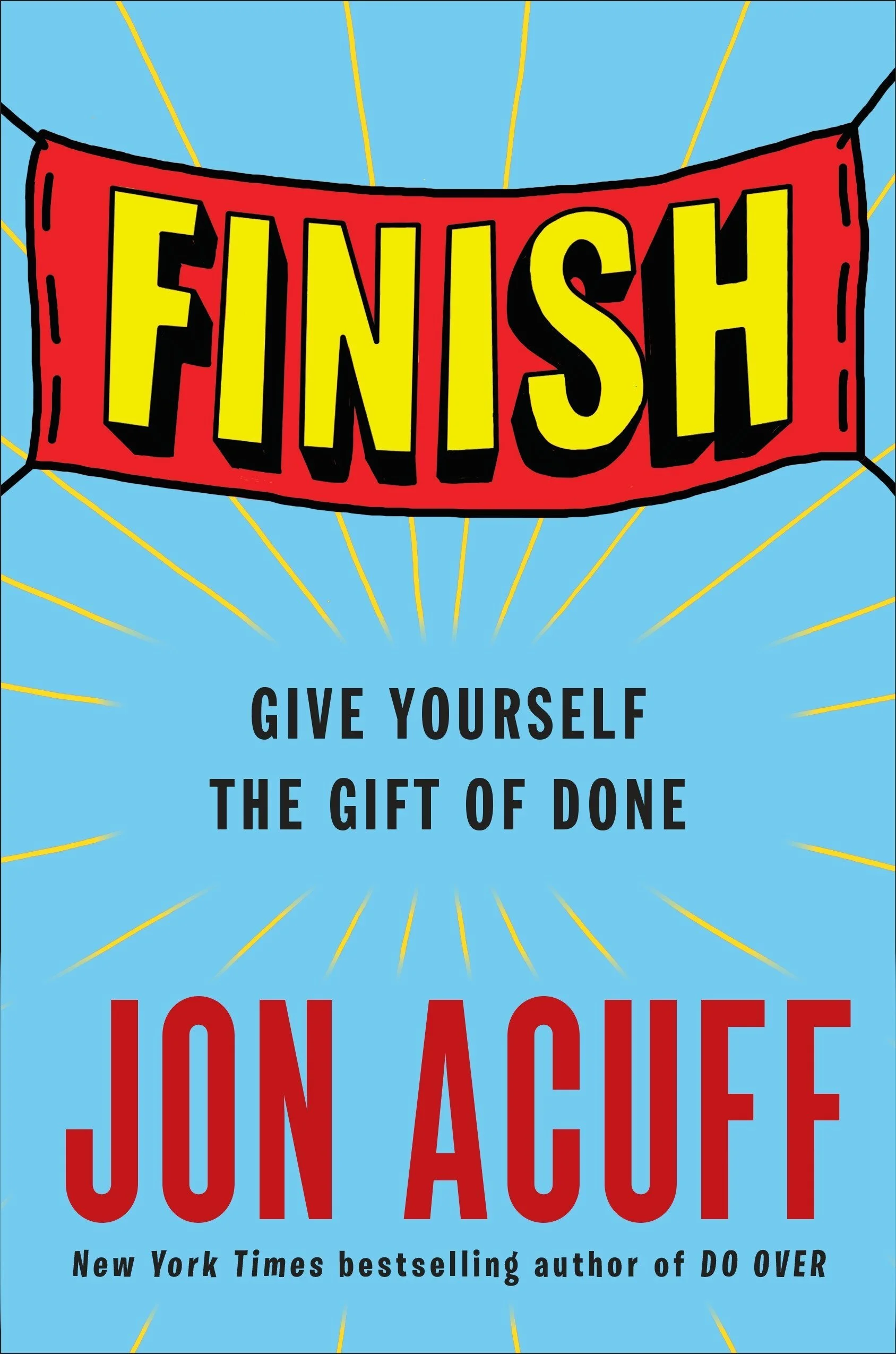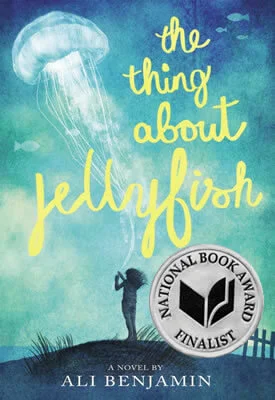Episode #70: Part Two of the STAMPED book discussion
Grace and Alvina are joined by author Brendan Kiely to discuss STAMPED by Jason Reynolds and Ibram K. Kendi. This is part two of their discussion!
How have you been?
Alvina has been “quaranfine”. NYC is heading into Phase 3 of re-opening and she and her friends are starting to wonder if they should hang out in-person again. It has been interesting because NYC was the worst place for Covid-19 a few months ago and now it is better than many others. The ALA conference was online and she saw all these librarians and faces and it really made her miss everyone. The Newberry Caldecott Legacy Award ceremony was online and it was nice but also so weird. What will happen next year? Alvina’s Morocco yoga retreat was supposed to be in May, it was then re-scheduled in August, and now it is moving to next summer. She was recently quoted in a New York Times article about working in the world of publishing and editing in times of the pandemic. This lead to a discussion about book sales. Are they up or are they down? Alvina thinks it’s just harder to browse so backlists books sales are up but she thinks frontlist sales are down.
Grace has been good. She put out all the information about her Kids Ask Authors book reviewer club. She got so many applicants that she is both overwhelmed and excited. She’s also thinking about schools re-opening, what kind of mask or face shield to get her daughter to wear, and what the back-to-school days will look like.
The STAMPED discussion continues!
One of Grace’s main take-awaya from the book: She started seeing everything with an assimilationist lens. NPR recently had a story about the movie, The Help, and how it was the most downloaded movie recently and why that is not a good thing. Activists say that movie was problematic and explain why. There are so many black stories through a white lens. One of the lines in the book she loved was, “these stories cause a racial empathy gap.” Grace says, “Minorities have been fed all these stories with a white lens so we learn to find empathy with these characters that don’t look like us, but white people have hard time finding empathy when the main character IS NOT white.”
Brendan’s main take-away: On page 68, the book talks about how people of color were told to make yourself small and non-threatening, to make white people comfortable with your existence. The book was talking about 1790’s history in the US. “What struck me is that the myths, the stories, the justifications, and the language…it has REMAINED the same. Hence the title, STAMPED from the beginning.” Brendan says, “I think white people like me need to grapple with just how much pain we cause when we are asking people to adjust their entire existence just so I can feel comfortable.
Some of Alvina’s take-away: She recently went to a Juneteenth open mic event and listened to people tell stories about the little things. “In this period of time we are in right now, I’ve seen a lot of my white colleagues open their eyes in a way that I felt their eyes should have been open years before.” There are so many little things out there that we never notice. This idea of exceptionalism, that you have got to work harder and be something special in order to be accepted into the black community was striking to her. Obama was exceptional. But imagine if our current president was another race…there’s no way he would be elected. Little Brown produced an educator’s guide and Alvina pulled one of the questions and she wasn’t sure how to answer it. “To know the past is to know the present, to know the present is to know yourself. The question is: How will you locate yourself in the work of anti-racism?” Also, how do we un-do 400 years of racism in the US?
Brendan also mentions, “one thing I appreciate about this book is that we get examples of the profound of amount of racism in every era of US history, but also get clarifications of anti-racist individuals who are striving to work on racism in American history.” This gives him hope. He likes the challenge of wondering how he can make an impact and do the work including in times of being uncomfortable. Alvina agrees that more people are more willing now to be challenged and do the work.
For Grace, the book also brought up memories of her early school days, when teachers were saying things like, “but the slaves were treated really well” and you just kind of accepted that. We always though we weren’t a part of it, but we still are!
What are we grateful for?
Brendan: “I’m certainly grateful to be in conversation with the two of you.” He is also grateful for family that challenges him, but are also willing to engage in these conversations with real honesty.
Grace: Grace: Tells the story of how she brought her daughter to a Juneteenth candle light vigil. It was emotional for her on many levels but also because she had a pretty unsettling conversation with her parents who are not happy about Grace and her sister joining these protests. “My father wants to believe that George Floyd’s death was an accident.” At the virgil, they decided to do a moment of silence where her daughter started to get antsy and asked what that was all about. After telling her, she said “Well that’s definitely a murder that’s not an accident. That’s a LONG time.” She was grateful that her daughter could see that and if maybe a child can see that, then perhaps there may be hope for the future. She will understand right and wrong.
Alvina: “I’m grateful for friendships this past week, my family is all out in California so my friends are my family, they’re my urban family.” She is really grateful for the support system.
2 Minute Book Review with Alison Morris:
Nana Akua Goes to School by Tricia Elam Walker and April Harrison.
“A wonderfully warm picture books that honors identity, celebrates differences, and depicts a loving black family.”
Alison Morris is a nationally recognized children's book buyer with an infectious enthusiasm for reading and 20 years' experience matching books to readers. As the Senior Director of Title Selection for nonprofit First Book, she oversees the curation of children’s and young adult books on the First Book Marketplace, hand-selecting a diverse range of titles that speak to and address the needs of kids in underserved communities, with a keen eye to inclusion, authenticity, and kid-appeal. She previously served as Senior Editor at Scholastic Book Clubs, Children's Book Buyer for Wellesley Booksmith and The Dartmouth Bookstore, and was the founding blogger of the ShelfTalker children’s book blog for Publishers Weekly. She'll be joining us from her home near Washington, DC where she spends LOTS of time discussing books with her husband, illustrator and graphic novelist Gareth Hinds.









